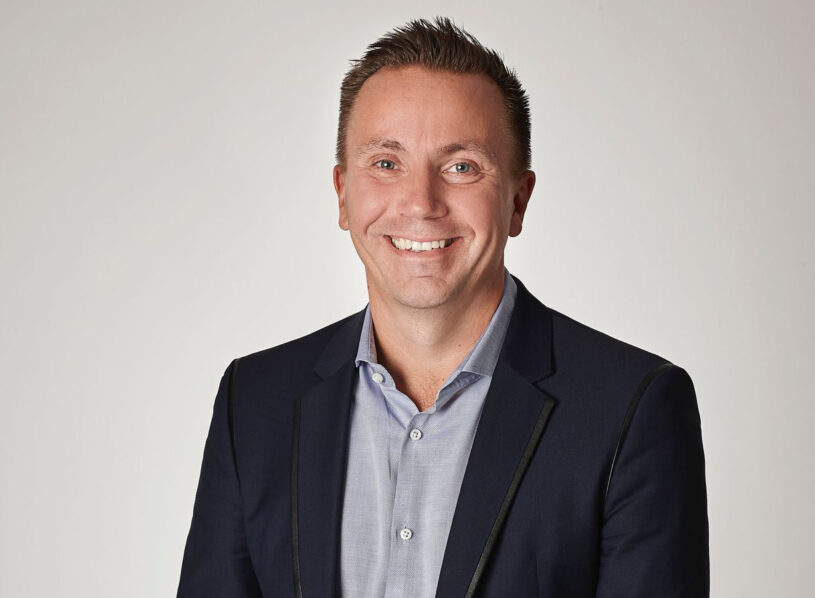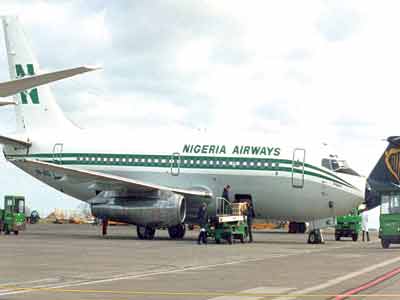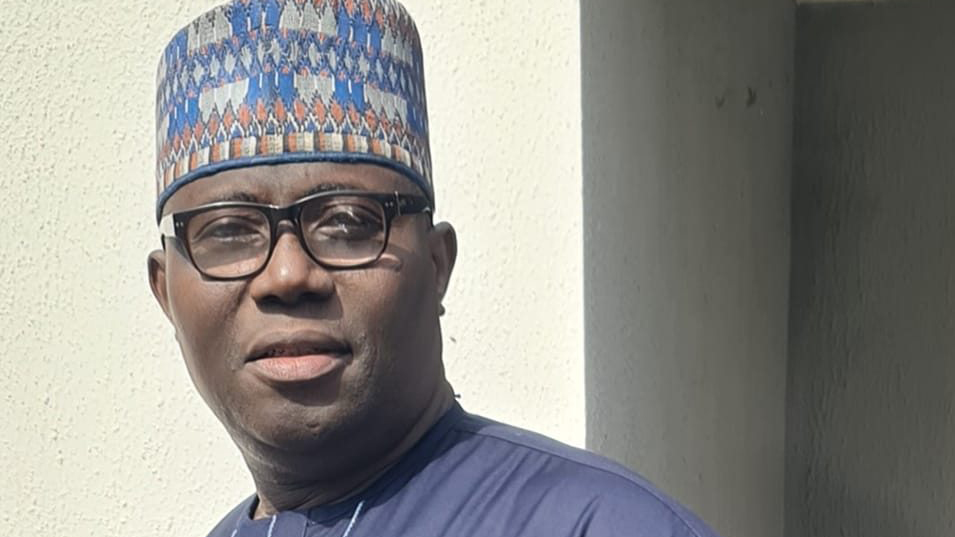
In this interview with David Meshioye, Virgin Atlantic’s Chief Commercial Officer, Juha Järvinen, alongside the Country Manager for West Africa, Yann Stirton, reflected on the airline’s 23 years of operations in Nigeria, highlighting the company’s commitment to positioning Nigeria as a key market in its global network and underscored the airline’s resilience in navigating economic instability, infrastructure limitations, regulatory hurdles, currency fluctuations, devaluation, and the issue of trapped funds in the country.
Tell us about your company’s operation in Nigeria and the challenges you have been facing to navigate the Nigerian market?
First, we have been operating here for 23 years, so we are extremely proud to have been here for such a long time. Even during the pandemic difficulties around the world, we have maintained Lagos operations as much as we have been able to.
Ever since the pandemic finished, we, of course, then ramped quickly back to the daily operation. Equally so, we fly with our latest aircraft, our newest product, Airbus A350, which is our largest aircraft, because Nigeria is a very important market for us.
Locally, of course, there were a number of issues, especially when it comes to trapped funds during that 2022-2024 period, which was very difficult for us as an airline. Of course, all the foreign airlines suffered the same. But we are currently in a much better position, and we don’t have the same issue and we are currently selling fully in the local markets.
So, in that sense, our operations are stable. But, of course, there is always the issue of concern about the economy and, of course, the devaluation of Naira and the outlook on the economy.
What are the regulatory challenges Virgin Atlantic may face in obtaining necessary permits and licenses to operate in Nigeria?
We’re in a solid position on that front, thanks to the strong stakeholder relationships we’ve cultivated over the years. Having operated here since July 2001, we’ve built enduring partnerships with key local entities that support our operations. Our relationships with the Federal Airports Authority of Nigeria (FAAN) and the Nigerian Civil Aviation Authority (NCAA), among others, have been instrumental in ensuring smooth and efficient collaboration. These partnerships allow us to effectively navigate the local regulatory environment and maintain a strong operational foothold in Nigeria
How might infrastructure limitations, such as inadequate airport facilities, impact Virgin Atlantic’s operations in Nigeria?
While it’s true that the airport infrastructure could benefit from future investment, we’re fortunate to operate on an early morning schedule when the airport is less congested, and traffic tends to flow more smoothly. This allows us to deliver a more efficient experience for our passengers.
Looking ahead, it’s important to consider investments not only in airport facilities but also in the surrounding infrastructure.
As for current constraints, aside from the broader economic challenges like the devaluation of the Naira, we’re not facing any significant operational issues. Our team on the ground does an incredible job, consistently ensuring that our flights depart on time, even when working within the limitations of the existing infrastructure. Their commitment is truly commendable, and we’re proud of the level of service they continue to provide.
What strategies can Virgin Atlantic employ to mitigate the impact of currency fluctuations and economic instability in Nigeria?
During the past few years, we increasingly had a higher share of the United Kingdom (UK) point of sale.. We have the platform or partner called Aviate that we can sell through the UK point of sale. It’s quite a well-established way of operating here.
And that has worked well for us. But, of course, going forward, we are planning to implement other distribution channels next year and it is called NDC in the aviation language, which would enable us to distribute fares through other means than the current distribution, GDS’s.
I think what is fantastic as well is when you look at the trap funds last year, at one point they were set to hit almost a billion dollars, right? And obviously some of that balance has gone down due to the devaluation. But the Central Bank of Nigeria (CBN) has done a really good job in helping to facilitate that trap funds situation and getting better now.
The key point for us is that we are now fully open and our inventory is back to normal, marking a return to business as usual. This is a significant shift, especially after the challenges we faced over the past two years. That Aviate proposition and going forward NDC really support us there.
What are the potential risks and challenges associated with navigating Nigeria’s complex political and economic landscape?
That’s a big question, and I think it applies to any economy—the need for predictability and a long-term vision. Our role is crucial in maintaining connectivity between Nigeria, the UK, and the rest of the world.
From an external perspective, security and general infrastructure are fundamental to ensuring the economy functions effectively. For us, having predictability in these areas is key for future planning.
Currency stabilization is also critical, as it allows us to plan more efficiently and installs greater confidence in both customers and companies to invest in Nigeria. Ultimately, economic and currency stability are essential for sustained growth.
How can Virgin Atlantic address the challenge of intense competition from existing airlines in the Nigerian market?
Our focus is on providing the best aircraft and the best overall product on this route because we believe Nigeria deserves nothing less. Beyond the physical aircraft, we place great emphasis on delivering an exceptional customer experience, investing heavily to ensure every journey is memorable.
We also prioritise localizing our flights to better connect with the market. Having been here for 23 years, we’re deeply committed to Nigeria and have no plans of going anywhere. We welcome competition—it keeps us sharp and continually striving to improve. We believe we have a strong, established role in the market, and we’re dedicated to maintaining and enhancing that position.
What strategies should Virgin Atlantic use to build brand awareness and loyalty among Nigerian consumers?
Of course, Flying Club, which is our loyalty programme, so that is key for us to strengthen that going forward.
Now we are part of Sky Team Global Alliance, where we have a lot of good global airlines being part of, which enables Nigerian loyalty members to earn and burn points on multiple airlines. Kenya Airways is one, of course, African partner and that network will continue evolving, which makes it worth choosing Virgin Atlantic and Sky Team partners to fly with.
So, it’s about building that loyalty and making sure that we have the best product to choose from. We have a strong loyalty base in Nigeria as well. So, after the UK and the United States (U.S), it’s our biggest area of Flying Club Gold members.
It just shows the brand loyalty that we have here in Nigeria after all this time flying here.
How can Virgin Atlantic navigate potential security concerns and risks associated with operating in Nigeria?
When it comes to operations, we always have solid safety and security assessments. We only operate when it’s safe to do so. From a flight safety perspective, we have no concerns. But of course, for the country itself, it is important that the government and the country focuses on that, because again, it impacts the development of the economy.
Security is important for every single human being. Equally so for companies to invest. So, our wish and request for the government is to focus on it. But from a flight safety perspective, we are happy with the current situation. But of course, the airport infrastructure is key to make sure that develops, so that the airport remains safe to operate.
How can Virgin Atlantic address the challenge of limited access to credit and financing options for consumers in Nigeria?
We’ve noticed a growing trend among agencies, such as Wakanow, using deposit-based systems like ‘Pay Small Small.’ We’re always happy to support our agents, no matter how they choose to sell.
As we’ve mentioned, whether it’s through Aviate, our website, or other channels, we are completely channel-agnostic. Ultimately, as Virgin Atlantic, our goal is to be the most loved travel company, and we are fully committed to supporting both our agents and passengers in achieving that
How can your company ensure compliance with Nigeria’s consumer protection regulations and standards?
We always follow the local rules and regulations. We will always work very closely with our partners as well and we also work very closely with the likes of IATA as well, just to make sure we are fully abreast. It’s obviously quite a dynamic landscape here and to make sure that not only do we meet expectations, but we exceed them.
What are the potential logistical challenges Virgin Atlantic face in maintaining its fleet and ensuring timely maintenance in Nigeria?
As far as I know, operationally, besides the airport, general airport infrastructure, we have incremental challenges in maintenance or operational a Teas.he aircraft is on the ground for about four hours. So, a lot of the maintenance that we will do will be in the UK. But of course, we are making sure that safety is our number one priority.
We have always got engineers here if needed. But as we touched on, our fleet age is under seven years old. So, we have state-of-the-art brand-new aircraft and safety is our number one priority.






